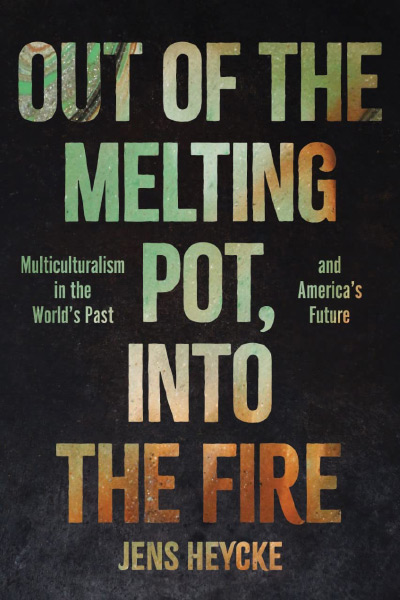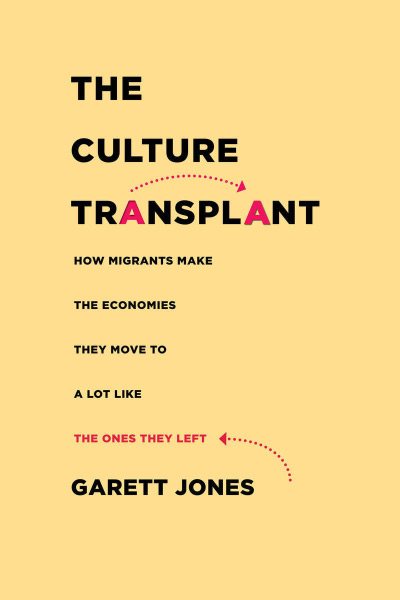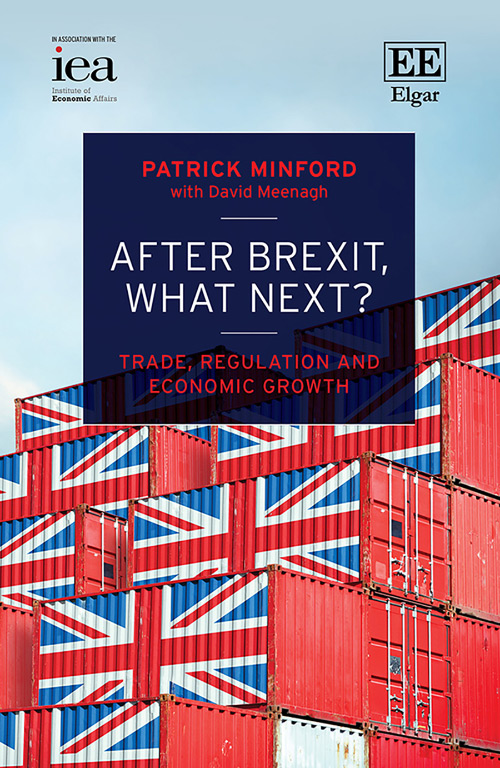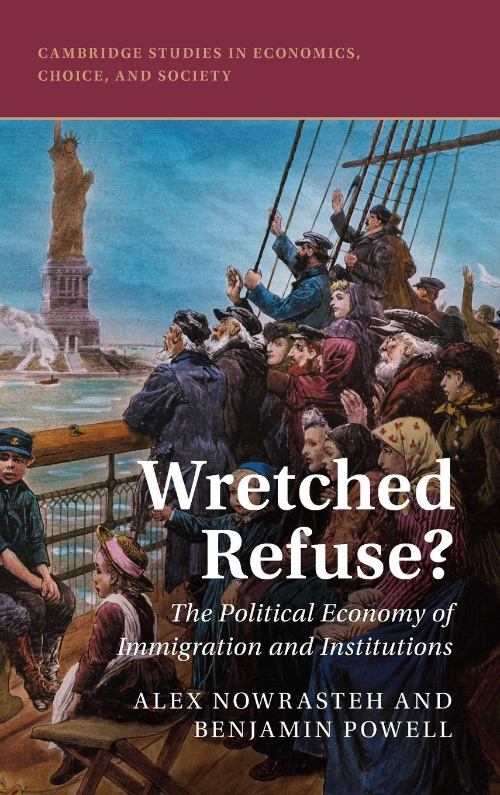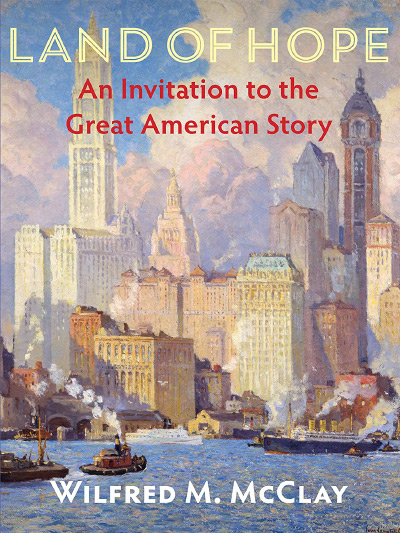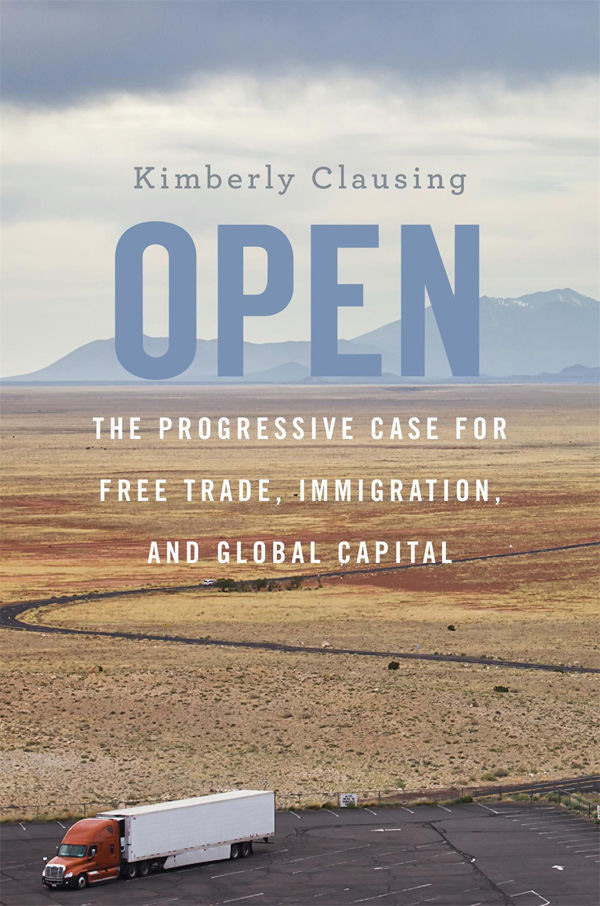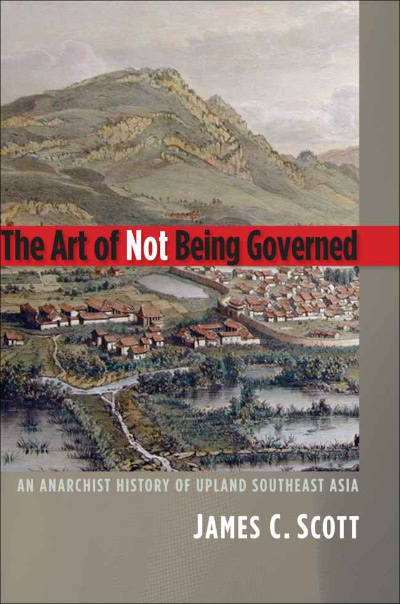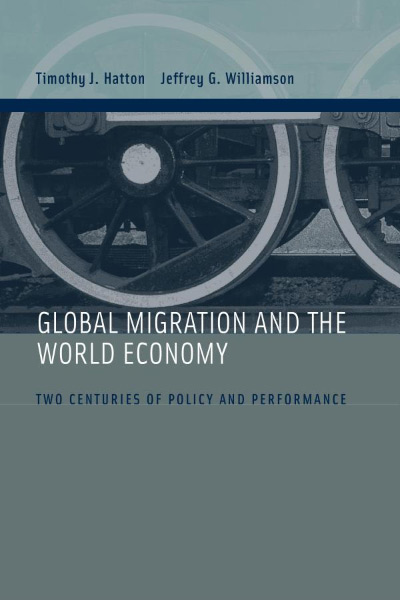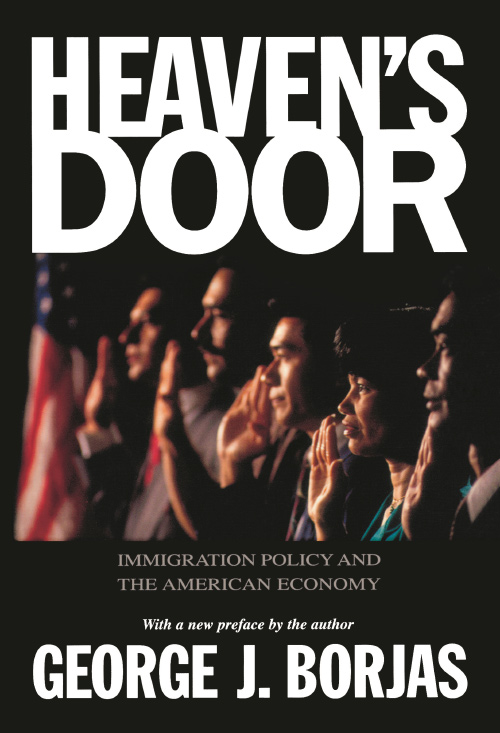Jens Heycke’s Out of the Melting Pot, into the Fire tells a story of human suffering and survival that I’ll never forget: a woman survives the Rwandan genocide, and yet today trusts her neighbor—a man who helped murder her own family members— enough to let him babysit her children. It’s a story that combines both the horrors of violent ethnic conflict and the potential of human beings to sometimes put aside those differences and just coexist. Out of the Melting Pot is here to tell us both sides of the global story of ethnic diversity, with little sugarcoating, and in a way that grabs—and deserves to grab—the attention of thoughtful readers wondering what the rise in ethnic diversity in the West portends for the future.
Out of the Melting Pot reminds us that ethnic diversity has, horrifyingly, been a focal point for violent social conflict for thousands of years. At the same time, Heycke’s book reminds us that some societies have apparently found ways to steer away from that focal point—they’ve found a reasonable degree of social harmony despite high levels of ethnic diversity. And Heycke gives us some history-driven outlines of how concrete government action—social planning, if you will—can sometimes mitigate ethnic conflict. If Heycke is right, it looks like the West is going to need a lot of that social planning, along with careful scholarship and reporting that lets us know which kinds of ethnic conflict mitigation strategies are likely to work and which are likely to fail. Is the West up to that level of social planning and thoughtful scholarship? I guess we’ll see.
After a brief introduction, Out of the Melting Pot kicks off with the Roman Empire. Rome, in Heycke’s persuasive telling, was for centuries a successful example of a melting pot; it was a place where the social identity of “being Roman” swamped other potential ethnic, cultural, and religious identities. (The grand social conflict of the Imperial Era was ultimately the battle between Christians and pagans, a reminder that societies find a lot to fight over aside from ethnicity.) He also reminds us about the Roman Empire’s Byzantine-era culture war battles between the Blues and the Greens—fans of two different factions of chariot racers—which led to the deadly Nika riots in which tens of thousands were killed and an earlier version of the great Hagia Sophia destroyed. Rome thus reminds us that, at times, ethnic conflicts can be reduced (perhaps through good policy) and that human beings are always able to find some set of focal points that we can use to divide ourselves. Ethnic divisions are one historically popular way to divide humans, but religion, sports teams, gender, and political parties offer yet more paths to conflict. We appear to be a species that looks to divide, and despite thousands of years of calls to look beyond division and build a common humanity rooted in some purported common unity, division is the default of our species.
Moving beyond Rome, Heycke tells the story of the Islamic world’s struggles with ethnic diversity—largely unifying far-flung ethnic groups under the religious identity of Islam while also maintaining separate cultural identities for religious minorities. Then, he turns to modern nation-level examples of ethnic violence and— in the excellent and still-underrated case of Botswana—an important example of ethnic coexistence and even flourishing.
Out of the Melting Pot is no mere clip job: Heycke has done on-the-ground reporting in (at a minimum) the former Yugoslavia, Sri Lanka, and Rwanda, and his personal, almost intimate prose style pulled this reader into his world in a way that social science nonfiction rarely does. I’m so glad I read his book.
Heycke’s book about the risks of ethnic diversity is emphatically non-utopian. Across his modern and ancient examples, he reports a pattern: when ethnic diversity is emphasized by the elites, the risk of destructive ethnic conflict rises, but when ethnic diversity is downplayed by the elites, people often get along pretty well. Hence his title: If you give up on the melting pot model of cultural assimilation—where most everyone meets somewhere in the middle—then you’re risking the fire of violent ethnic conflict. Multiculturalism (or the “salad bowl”) versus the melting pot: those are the two key options, and we’ve had enough historical experience, Heycke is convinced, to tell us which is the safer path. The melting pot, in Heycke’s view, is vastly underrated.
Part of what makes his book non-utopian is precisely his historically accurate summaries of how nations created melting pots—effective monocultures, or at least effective monocultures when making grand comparisons across ethnicities. Big religious or gender differences might still exist, but if ethnicity is downplayed by the elites, Heycke suggests it’s much harder for bottom-up ethnic conflict to coalesce into dangerous and deadly factions. Whether discussing Rome or Botswana or post-genocide Rwanda, he offers concrete examples of how countries have pulled it off—and as these three examples illustrate, it’s not a one-size-fits-all policy.
There’s more than one path to the COEXIST bumper sticker we see on Subarus everywhere. Unifying national rituals come in many shapes and sizes, and although to the well-educated and overeducated those national rituals often seem corny or contrived, Heycke is here to remind you that they appear to work well enough to prevent many ethnic massacres. Maybe, one suspects, it really is worthwhile for America’s secular elites to grin and bear it during the national anthem.
In discussing most of his examples of ethnic conflict, Heycke is able to show that at least to a rough degree, the differences between the ethnic groups he’s discussing are minimal aside from a few cultural practices. Often in discussions of the costs or benefits of ethnic diversity, the various ethnic groups have big average differences in education, or wealth, or income. And although Heycke does mention such cases, his example of Rwanda in particular does an excellent job of showing that people can invent ethnic hatreds when only minimal economic or social differences existed beforehand. We are, alas, a species that is fruitful and innovative when it comes to creating reasons for hatred.
Heycke’s journalistic approach thus comes close to the economist’s ceteris paribus, or “other things being equal,” approach, looking at big changes in just one potential cause while holding other potential causes fixed. Sometimes, just the cultural diversity, the ethnic diversity per se, is enough to help create the hate. Heycke’s book should be on college reading lists for journalism, sociology, and economics courses that focus on ethnic diversity. It’s an excellent text of applied cultural studies, but much more than that, it’s a riveting, even haunting book of synthesis, one that pulls together ideas from past and present, from statistics and journalism, and from clinical detachment and careful, personal reporting.
Out of the Melting Pot also has some difficult messages for the liberty-minded Right. The melting pot approach he favors—and which in his accounting has worked well in many cases—isn’t just a matter of “equal treatment under the law” or banning many forms of affirmative action, or (as it’s sometimes known) positive discrimination. It really is a matter of a broad cultural commitment, encouraged at the highest levels, to push for cultural assimilation.
I see this part of Heycke’s book as really a call for further research; and it’s just possible to imagine a rigorous research agenda that could take the West beyond platitudes and clichés and try to find out, via small-group experiments and midsized city-level interventions, whether melting pot approaches can substantially reduce the costs of ethnic diversity.
Although Heycke has good evidence, I will take the admittedly unscientific approach of pointing out a glaring counterexample, where a melting pot approach has not succeeded in substantially eliminating ethnic conflict: modern France. French officialdom’s strong, culturally robust stand in favor of laicism—official government secularism, or laïcité—has as its twin a strong government commitment to downplaying racial diversity. It’s effectively impossible to measure ethnic differences in
France, to report statistics by race, to have any form of positive discrimination. The modern French position is that embracing French culture and the French language is what makes one French. Then-president Nicholas Sarkozy put it this way in a 2016 speech to French immigrants:
If you want to become French, you speak French, you live like the French and you don’t try and change a way of life that has been ours for so many years.... Once you are French your ancestors are the Gauls. (Reuters, “‘Your Ancestors Were Gauls,’ France’s Sarkozy Tells Migrants,”)
Predictably, Sarkozy, a mainstream French conservative, received pushback from both the nationalist Right and the socialist Left—from the Right for being utopian in his call to an assimilation they’re sure will never happen, and from the Left for insisting that people abandon the treasures of cultural diversity.
Even the EU formally, officially embraces a melting pot, assimilationist position on culture: indeed, the European Commission official in charge of immigration policy is called the “vice president for promoting our European way of life.” Not even subtle. The elite European rejection of multiculturalism—the salad bowl I was taught about in college—is widespread. At least on this dimension, official Europe has embraced the Heycke vision.
Over the next few decades, western and northern European countries will be running many uncontrolled experiments with ethnic diversity, experiments the U.S. has been running for much longer periods. Since they’re uncontrolled, and since there aren’t that many countries in Europe with high rates of culturally diverse immigration, we’ll all be tempted to generalize from anecdotes, to draw huge lessons from this or that case study. I’ll probably be just as guilty of that as anyone else. But if you’re going to pick one person to overgeneralize from on this crucial topic, make that person Jens Heycke.
| Other Independent Review articles by Garett Jones | |
| Winter 2017/18 | The Populist Revolts of 2016: A Hidden Cost of Immigration? |


